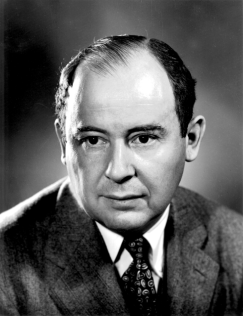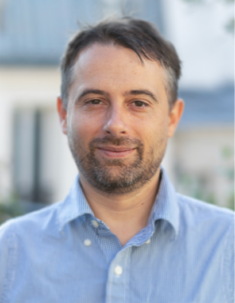Home
The Health Simulation Model Company
Giving clear insights into complex issues
Simulation models can address complex problems that cannot be easily solved by traditional approaches. Development in computation processing and availability of large volumes of data have driven the growth of simulation models in healthcare. Simulation modeling is an effective approach to understanding the relationship between healthcare decision and their impact in an increasingly complex environment.
Next-Generation Simulation Models
Simulations enable to explore the interactions between variables and results in an in-silico representation of a healthcare context. Increasingly complex contexts require powerful models that accurately represent reality.
Agent-Based Model
Agent-Based Models are used to explore situations where agents (individuals, patients, providers) interact with each other and with the healthcare system. Modeling infectious diseases spreading, during a pandemic for example, is a great application of agent-based models.
Discrete Event Simulation
Discrete Event Simulations are used to simulate complex stories, such as disease natural histories, where the sequence and moment of the events are the central element of the analysis. They are widely used in cancer natural history and screening models where the moment of the screening relative to the cancer natural history is key.
Markov, Survival & Poisson Processes
Markov, Survival & Poisson processes are the bread-and-butter of the healthcare simulation modeling world. They can be adapted to a wide range of situations, using a large possibility of source data. Their simplicity and versatility make them adapted to many simulations processes.
Dynamic Models
Dynamic models are what agent-based model are to discrete event simulation. They have the simplicity and versatility of Markov processes while taking into account interactions between individuals or with the environment. For this reason they are frequently used in vaccine or infectious diseases simulations.

Get a validated, Interactive Model
Using our streamlined processes, and our experiences, we can build a state-of-the-art simulation model suited to your need in three to six months.
Validated Model
Our simulation models undergo strict validation process for internal, face-to-face and external validation.
Interactive Interface
Our proprietary UX allows for the end users to visualize results and explore unlimited scenarios..
Unlimited Upgrades
Models can be maintained and upgrade throughout their lifecycle to update assumptions or source, or add additional functions.
Our streamlined process

Ten years of experience in healthcare simulation modeling
European-leading company for health simulation models
We have developed dozens of simulation models for a wide range of actors: pharmaceutical industries, biotech startup, insurances, agencies.
Infectious Diseases
We have produced models in hepatitis C, hepatitis D, HIV or COVID-19. We also have experiences in vaccination (pneumococcus, dengue fever) and antibiotics.
Oncology
Our model library includes microsimulation models for all currently screened cancer including colon, lung, breast, prostate or cervical cancers. These models have successfully been used in many contexts from driving national screening strategies to assessing the value of therapeutic and diagnostic innovations or assessing insurance premium for treated patients.
Rare Diseases
We have experience in building simulation models for rare diseases where available data is usually scare. Combining literature review and partnership with national registries, we have achieved multiple success in this field, engaging the patient & medical community, as well as decision makers around key issues for patients.
Others
Our modeling experience also includes a wide range of health issues from metabolic and cardiovascular disorders, to neuropsychiatry or fertility. In every case, we have built a model tailored to the specific issues of our client to deliver new insights for development, regulatory, marketing or public affairs.

SimLab, PHESim inhouse R&D unit
PHESim includes SimLab, an in-house research & development department to transform decision makings in all economic sectors by bringing innovative simulation models to the market. SimLab team includes PhDs, medical doctors and engineers, working on creating new simulation models and finding innovative solutions & methods.

The Health Simulation Company
PHESim is a public health expertise's brand. Public health expertise is a leading consulting company in healthcare and public health founded in 2012 by two medical doctors specialized in public health. The Healthcare Simulation Units works transversly with the other Business Units in the company on many different projets from Market Access to Public Affairs. The Healthcare Simulation Units includes medical doctors, pharmacists, economists and engineers.

Real-world Evidence
Modeling
HEOR
Medical Affairs
Strategy & Patient Pathway
Public Affairs


